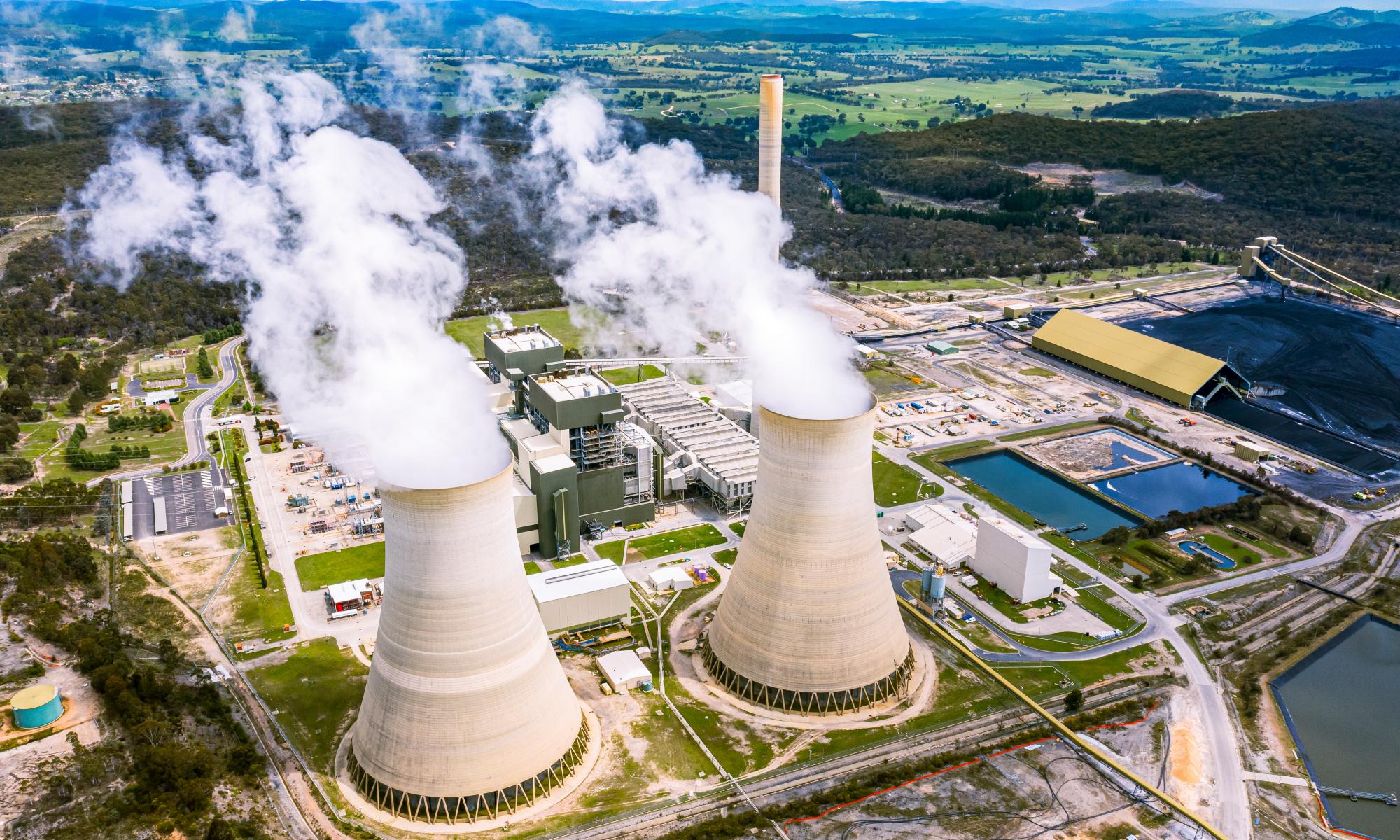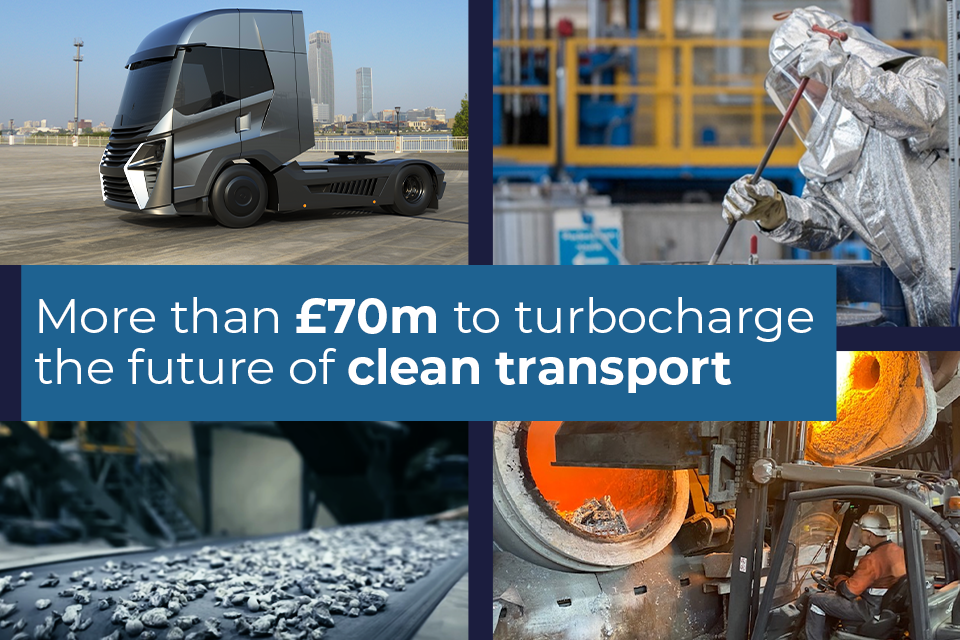The Greens say a move by the Morrison government to overhaul the legislation underpinning the Clean Energy Finance Corporation to allow new investments in power grid reliability must be opposed, because it is a “Trojan horse for coal and gas”.
Federal parliament is set to resume next week. The government proposes to amend the Clean Energy Finance Corporation Act to enable the CEFC to establish and administer a $1bn grid reliability fund, and to create a special account for the initiative. The current legislation rules out investments by the CEFC in coal and gas.
Labor is yet to take a position on the proposal. A spokeswoman for the shadow climate change and energy minister, Mark Butler, says the opposition has asked the government for the draft legislation, but is yet to receive it.
The Greens believe the government could bring on the proposal next week because it is listed for the autumn session. The Greens leader, Adam Bandt, says the only reason for changing the existing legislation would be to open the door to help fund gas and coal.
The Coalition announced it would pursue an underwriting scheme for new investments in the power grid after it abandoned Malcolm Turnbull’s proposed national energy guarantee. Twelve projects have been shortlisted, including six pumped hydro plants, five gas generators and an upgrade to the Vales Point coal-fired power plant.
The independent MP Zali Steggall has recently asked the auditor general to investigate the scheme, saying it lacks transparency and citing legal advice that the Coalition had no constitutional or legislative authority to introduce it.
A spokeswoman for Butler said grid stability was an important part of the transformation of Australia’s energy sector to low emissions sources, but the government hadn’t yet supplied details. “We have been waiting for details of the draft legislation and have asked for a copy from minister Taylor’s office.”
Bandt said Labor and the crossbench should oppose the change. “Business and the community know the future of our grid is renewables,” he said.
“Australians will expect the opposition and crossbench senators to oppose Taylor’s gas push.”
The energy minister, Angus Taylor, has been spruiking a gas-led recovery from the economic shock associated with Covid-19. But the government is yet to release a technology roadmap it was developing before the pandemic hit, which will guide the transition to lower emissions.
In addition to the grid stability change, the government also proposes to change the investment mandate of the CEFC by directing it to make up to $300m available for a new Advancing Hydrogen Fund as part of the national hydrogen strategy.
The change for hydrogen requires the government to table a legislative instrument to update the investment mandate to facilitate the new hydrogen fund, but the grid stability initiative will require an amendment to legislation.
The CEFC chief executive, Ian Learmonth, has welcomed the hydrogen shift. “At a time when there is much attention on investment and employment opportunities to help reinvigorate our economy, it is clear that hydrogen has an important role to play,” he said in a statement.
Learmonth said an “early priority” was working alongside the Australian Renewable Energy Agency (Arena) “with a particular focus on supporting the technical and commercial viability of large-scale hydrogen production using electrolysis”.
The future role of Arena remains unclear, with the government yet to say whether it will extend its funding.
The agency, which is responsible for research and funding clean solutions to help make them viable, has $92m remaining. If not replenished, its role would be limited to managing projects and programs it has funded.


